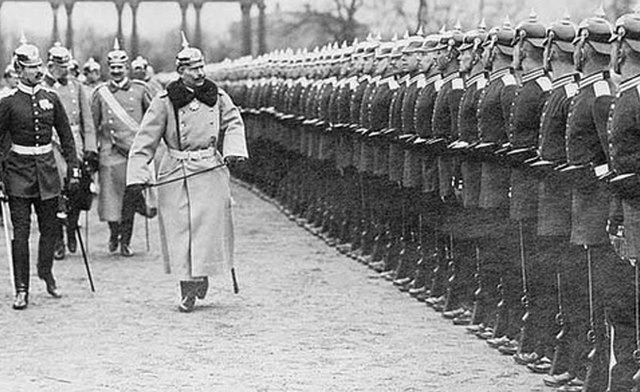Below are the major causes associated with the onset of World War I.Click on a link to the left to learn about each event in detail.
-
Nationalism: Nationalistic fervor was on the rise in Europe in the late 19th and early 20th centuries, leading to competition between nations for power and influence. This competition contributed to tensions between countries.
-
Imperialism: European powers were competing for colonies and territories around the world, which led to increased tensions and rivalries between countries.
-
Militarism: Military build-up and arms races were taking place in Europe, with countries investing heavily in their military capabilities. This contributed to a culture of aggression and preparedness for war.
-
Alliances: Several major powers had formed alliances with one another, which meant that a conflict between two countries could easily escalate into a larger war involving multiple nations.
-
Assassination of Archduke Franz Ferdinand: The assassination of Archduke Franz Ferdinand of Austria-Hungary by a Serbian nationalist in 1914 was the immediate trigger for the outbreak of war.
-
Complex System of Treaties: The web of alliances and treaties that had been formed between countries made it difficult to contain a conflict between two nations and led to the involvement of multiple countries in the war.
-
Mismanagement of Crises: Several crises leading up to the war, such as the Moroccan Crisis and the Balkan Wars, were not managed well by European leaders, which contributed to the escalation of tensions and the outbreak of war.
